Each month, we provide up to £2,000 in grant money to early career researchers in quantitative disciplines.
Our aim is to support and assist PhD students and postdocs conducting research, particularly with costs that may be difficult to get funding for elsewhere, for example, travel for those who are caring for children, or expenses for volunteer work related to research.
Learn more about our grant programme, including how you can apply and the work we support.
Read on to hear from our latest winners, their research and how our grants will aid their work.
October grant winners
Sigrid Hellan (University of Edinburgh)
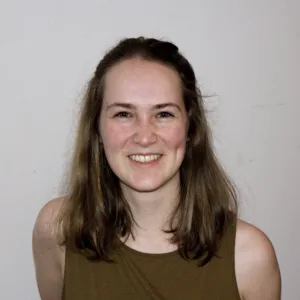
“I’m a final year PhD student in Data Science at the University of Edinburgh, with research interests in Bayesian optimisation and transfer learning.
“Bayesian optimisation is a machine learning method for maximising and minimising functions. Using transfer learning, we can speed up the optimisation by using evaluations of related functions. In my PhD I have applied this concept to hyperparameter optimisation for machine learning models and to air pollution monitoring.
“I am truly grateful for G-Research’s generous grant, which will help me attend NeurIPS and present the paper, ‘Data-driven Prior Learning for Bayesian Optimisation’ at the workshop on Adaptive Experimental Design and Active Learning in the Real World.”
Oscar Key (University College London)
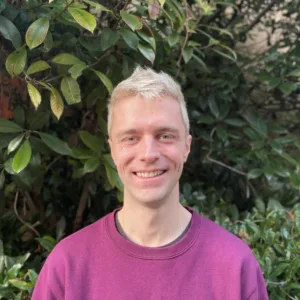
“I am a PhD student working on machine learning. My current work focuses on reducing the computational resources required by large machine learning models, for example those behind tools such as ChatGPT, enabling their use by organisations and researchers with smaller budgets.
“This grant will support me in attending NeurIPS, one of the largest conferences on machine learning and artificial intelligence, where I will present two projects on this topic.”
Carl Hvarfner (Lunds Tekniska Högskola Kansliet)

“My research is in probabilistic machine learning, with a focus on Gaussian processes and Bayesian optimization. Specifically, I delve into how these methodologies can be applied to model and enhance the efficiency of complex real-world systems with minimal human intervention.
“The grant enables me to present my latest work on joint Bayesian optimization and Bayesian Active Learning at NeurIPS.”
Maximilian Bachmaier (Max Planck Institute for Physics)
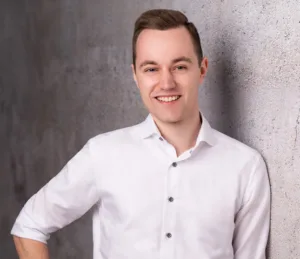
“As a PhD student in theoretical particle physics and cosmology, I am working on the interactions between topological defects. Through my investigations, I am trying to shed light on some of the deepest mysteries of the universe.
“A major part of what I do involves using numerical analysis, like performing numerical simulations when analytic methods can’t provide us the answers we need.
“The G-Research grant will enable me to present my latest work about the so-called slingshot effect that emerges in first-order phase transitions, involving magnetic monopoles or quarks at the Black Holes & Cosmology conference in Nassau.”
Fayçal Drissi (University of Oxford)
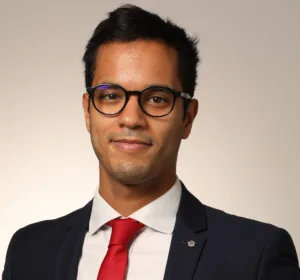
“My academic interests lie in financial decision models that effectively combine elements of Mathematics and Machine Learning. Mathematical tools provide tractable solutions but fail to account for specifics of financial environments where uncertainty and high dimensionality are key. Data-driven methods enjoy flexible properties but do not provide guarantees to practitioners and regulators. Combining both sets of tools for financial decision making is the avenue of research I find most promising.
“This grant allowed me to attend the ‘Fields Institute For Research in Mathematical Sciences workshop’ in Toronto, Canada. I presented recent work that contributes to both the Quantitative Finance and the Machine Learning literature. For the former, we show how to combine short-term price signals and long-term trading objectives in optimal trading problems. For the latter, we devise a state of the art contextual bandit algorithm for non-stationary environments that leverages the flexibility of Gaussian Processes.”
Konstantin Hemker (University of Cambridge)
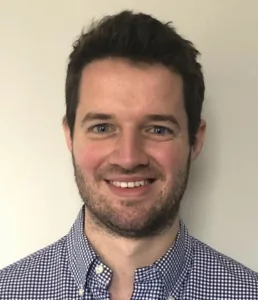
“I am a PhD student in the Computer Science department at the University of Cambridge, primarily working on Multi-Modal Fusion and Explainability for different biomedical data structures (tables, graphs, sequences, images). In particular, I am looking at applications in digital pathology on tasks such as survival analysis or predicting treatment response.
“The generous grant from G-Research supports my attendance at this year’s NeurIPS conference, where we are presenting our latest work on multi-modal fusion methods for biomedical data. In this paper, we propose a scalable fusion method that preserves structural information of structurally different modalities, learns cross-modal interactions, and handles missing modalities during training and inference.”
Congratulations to our grant winners.
